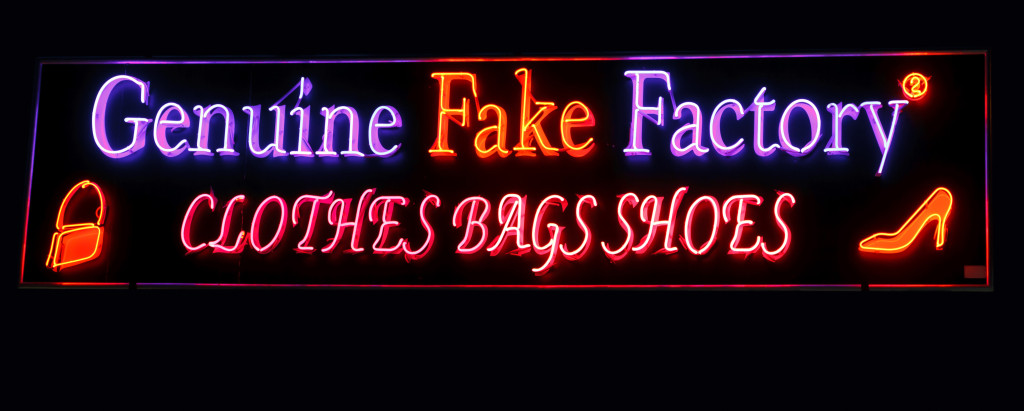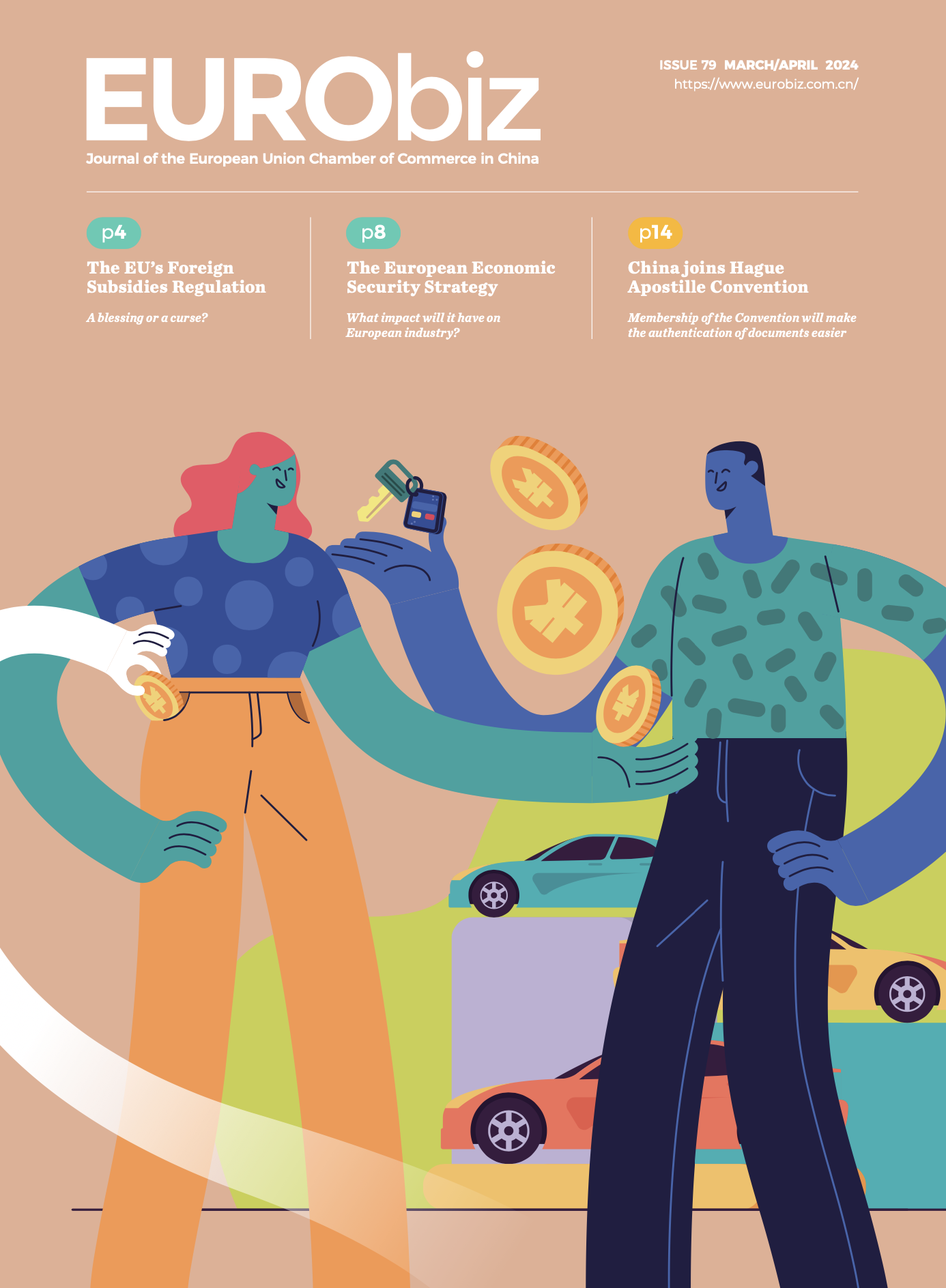Twenty-two years ago, long before Chinese consumers had a voice, a CCTV programme was swinging the axe on their behalf, smiting those who sought to profit from providing sub-standard services or selling mediocre, or just plain dangerous, goods.
Broadcast every year on 15th March, CCTV’s self-appointed consumer watchdog 3.15晚会 (3.15) has served as a good reminder to all companies that consumer rights must be respected. There is no doubting the importance of these kinds of programmes, and over the years 3.15 has helped to highlight genuine consumer concerns that may otherwise have slipped under the radar.
The relatively recent proliferation of Chinese netizens has effected a shift in power though—consumers themselves are now able to hold companies to account over poor goods or services. Internet platforms, such as Weibo, have made word of mouth an incredibly potent tool to the extent that a company’s brand image can now be enhanced or destroyed overnight.
Reacting to events surrounding the most recent 3.15 microbloggers have raised a question over whose image has truly been damaged this time around, those the watchdog purports to protect us from or the watchdog itself.
 When President John F Kennedy delivered a special address to the US Congress on 15th March, 1962, setting out his vision for consumer rights, he said:
When President John F Kennedy delivered a special address to the US Congress on 15th March, 1962, setting out his vision for consumer rights, he said:
“Consumers by definition include us all. They are the largest economic group, affecting and affected by almost every public and private economic decision. Yet they are the only important group…whose views are often not heard.”
It is safe to say that Kennedy, the only president to have won a Pulitzer Prize, could never have imagined that his speech would indirectly inspire a gala television extravaganza in China nearly three decades later.
According to Consumers International, the consumer movement used Kennedy’s ideas to develop a set of eight basic consumer rights, namely the rights to: satisfaction of basic needs; safety; be informed; choose; be heard; redress; consumer education; and a healthy environment.
On 15th March, 1983, World Consumer Rights Day (WCRD) was inaugurated with the purpose of promoting global awareness of consumer rights. Each year since, Consumers International, the organisers of WCRD, have introduced a specific theme, such as ‘Consumers and Water’ (2004), ‘Unethical Drug Promotion’ (2007) and ‘Our Money, Our Rights’ (2010), and encouraged consumers to exercise their rights.
Eight years after the first WCRD, China’s national television station aired 3.15 for the first time, on CCTV3, and CCTV9 with subtitles. Its premise is to report on individuals or companies that have knowingly sold poor quality, defective or unsafe products and services. Every year CCTV despatches dozens of reporters to investigate consumer complaints, with the resultant findings presented in a 60 Minutes-style exposé. Companies or individuals that are found ‘guilty’ are publicly outed in a fairly sensationalist manner. The effects can be financially damaging and long lasting.
The relatively recent increase in power enjoyed by Chinese consumers to effectively report sub-standard goods and services—as a result of the advent of new media—has, in theory, rendered such television programmes much less effective. The truth is, however, that the public still loves a good scandal, and so much the better if it is delivered amidst the sparkle and glamour of a CCTV gala production. Every year exposed companies from the programme continue to make headline news in Chinese and international media, and this merely accelerates the online debate.
In the past targets have ranged from local restaurants with relatively small customer bases to large multinationals with huge profits at stake, and each year it features at least one ‘prestige’ case.
Arguably this year’s most well-known target, Apple, was accused in the CCTV report of discriminating against Chinese customers by providing after-sales service that allegedly falls below the standards offered in other countries.
Ironically 3.15 may have unwittingly weakened their own position on the very medium through which they’d begun to garner support.
Immediately following the 2012 programme, a slew of Weibo posts appeared denouncing Apple and accusing it of unfair treatment towards its Chinese customers, with posts from celebrities helping to stoke the fire. The model and actor Peter Ho, who has more than five million followers, posted the following:
“Apple plays so many tricks with their customer service? I feel hurt as an Apple fan. Have you done right by Jobs? Have you done right by boys who sell their kidneys, this is an example of big-name shops bullying customers. Post around 8:20.”
The final comment “Post around 8:20” set alarm bells ringing amongst the online community, leading many to speculate that Ho had been sent the comment by someone else and had merely copied and pasted it onto his Weibo, mistakenly leaving in the instructions telling him at what time he should post the comment. Ho later deleted the post, claiming that his account had been “hacked” and that he had no idea how this could have happened.
Many commentators concluded that CCTV had handpicked celebrities and other influential microbloggers to help deploy a coordinated attack on Apple. Former president of Google China, Kaifu Lee, admitting that he had been asked by 3.15’s organisers to post comments about the featured reports on his Weibo (he said he would have agreed had the reports been about “Chinese livelihood”, i.e. air, water and food safety, but declined as they were not) added more weight to this theory.
With Apple issuing an apology to Chinese consumers and amending the terms of their warranty policy in the days following the broadcast, the CCTV programme has once again underlined that when it comes to consumer grievances the best form of defence is prevention through respecting consumer rights. However, it has also emphasised that those who appoint themselves as watchdogs must ensure that they are as pure as the virtues they espouse.
By Carl Hayward
| The eight basic consumer rights in full:1) The right to satisfaction of basic needs To have access to basic, essential goods and services: adequate food, clothing, shelter, health care, education, public utilities, water and sanitation.2) The right to safety To be protected against products, production processes and services that are hazardous to health or life. 3) The right to be informed 4) The right to choose 5) The right to be heard 6) The right to redress 7) The right to consumer education 8) The right to a healthy environment |
Source: http://www.consumersinternational.org/who-we-are/consumer-rights


Recent Comments